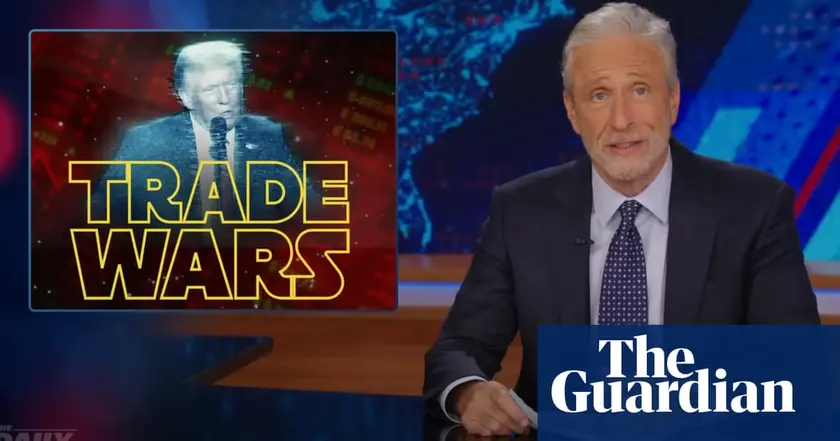T4K3.news
Tariffs Aren't Wall Street's Only Worry
A look at earnings quality and valuations as bigger market risks than tariff headlines.
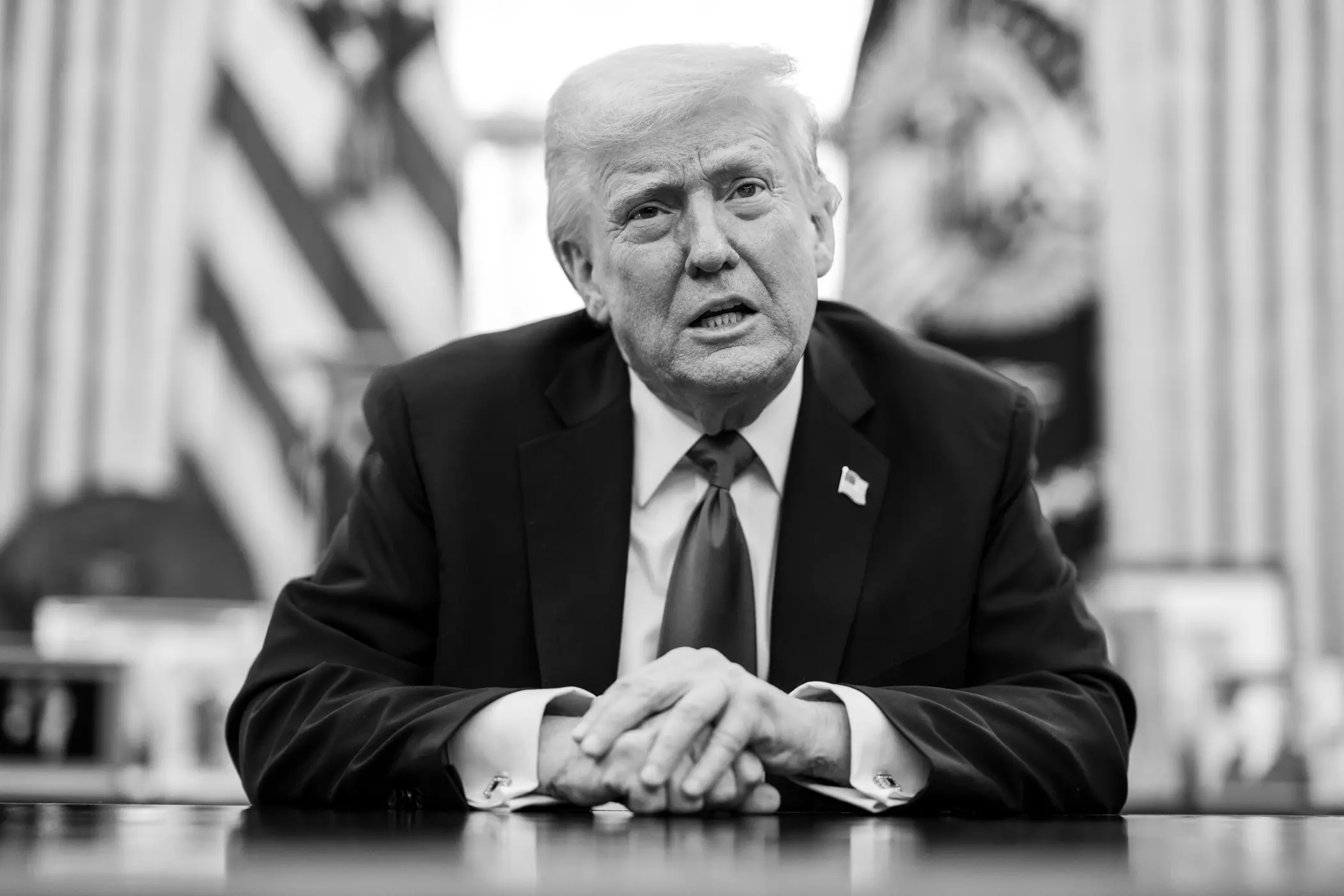
A look at why earnings quality and valuations may loom larger than tariff headlines for the stock market.
Tariffs Aren't Wall Street's Only Worry
The stock market has swung on tariff headlines this year. The S&P 500, Nasdaq and Dow have shown sharp moves as policy talk dominates trading. In April, the S&P 500 endured one of its biggest two day percentage declines in 75 years and later logged a large one day gain, reflecting the market’s split mood. Yet major indices have also climbed to fresh highs, underscoring how sentiment remains unsettled.
Beyond the tariff narrative, the article argues that earnings quality may pose a bigger risk to stocks. The market trades at a high valuation, with the Shiller P/E around 39, a level last seen during the dot com era. Several top names reportedly rely on non operating income rather than core business results. Tesla and Palantir are highlighted as examples, with Tesla benefiting from regulatory credits and Palantir earning a sizable portion of pre tax income from cash interest. The piece also notes a New York Fed study on input versus output tariffs and inflation, questioning whether tariffs on inputs end up raising prices and harming domestic producers. Historical precedents show firms hit by tariffs in earlier years experienced slower sales, profits, and productivity.
Key Takeaways
"Tariffs create uncertainty that feeds into inflation risks"
Policy impact on markets
"Valuations are stretched because earnings quality is unclear"
Market assessment
"Tesla and Palantir show how earnings rely on non operating income"
Examples from the article
"Investors deserve clarity and consistent policy signals"
Editorial stance
The piece argues that policy volatility around tariffs and tariffs on inputs adds a layer of uncertainty that can chill investment. It also points to unusually high market valuations that could amplify drawdowns if earnings quality does not meet expectations. The argument is that markets are pricing in future growth, but the sustainability of that growth depends on real profits, not credits or interest income. In short, policy headlines may grab attention, but earnings discipline will decide how durable the ascent is. Investors should demand clearer signals from companies about how they turn sales into real profits, not how they compensate with non operating income.
Highlights
- Markets chase gains while earnings tell a tougher truth
- Valuations depend on fundamentals not headlines
- Policy noise adds risk not clarity
- Investors deserve real profits not credits and interest
Tariffs Trigger Political and Financial Risk
The piece flags policy uncertainty and inflation risks from tariffs, plus potential public backlash and investor concern. It warns that inconsistent policy signals could undermine markets.
Markets will test policy promises against real earnings.
Enjoyed this? Let your friends know!
Related News
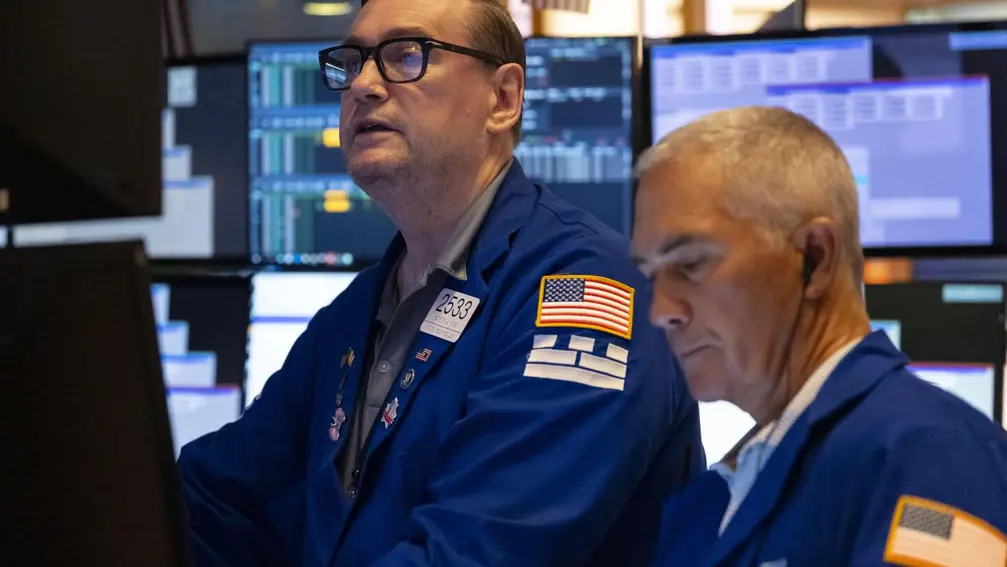
Wall Street slips as tariffs take effect
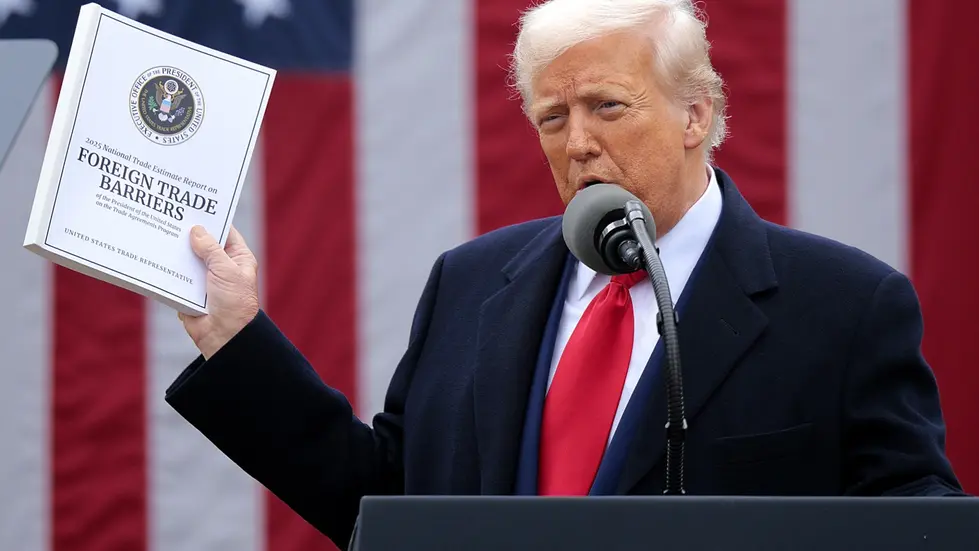
Stocks hit record highs despite tariff threats

Trump threatens Federal Reserve leadership

Tariffs Push Inflation Higher
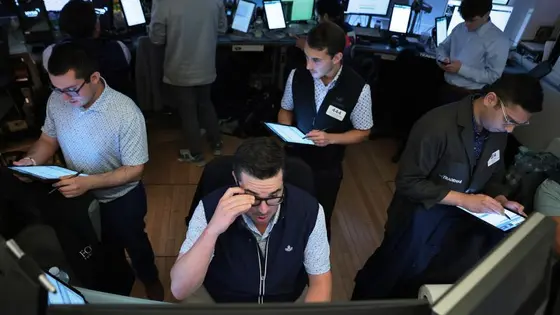
Tariffs Rising
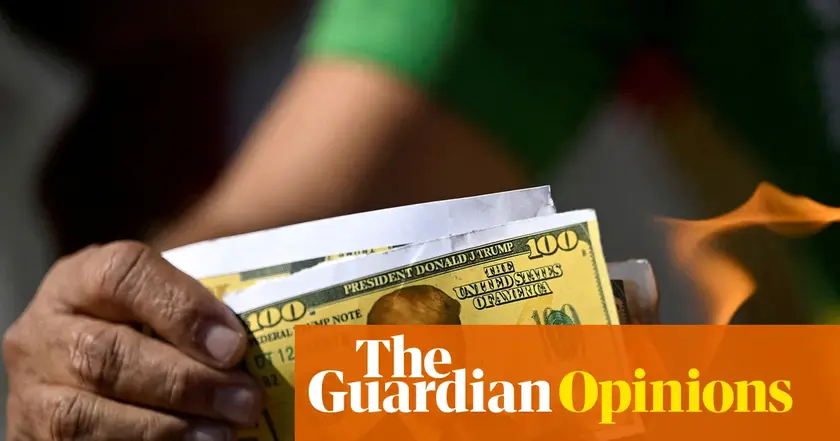
US economy remains strong amid Trump's tariffs
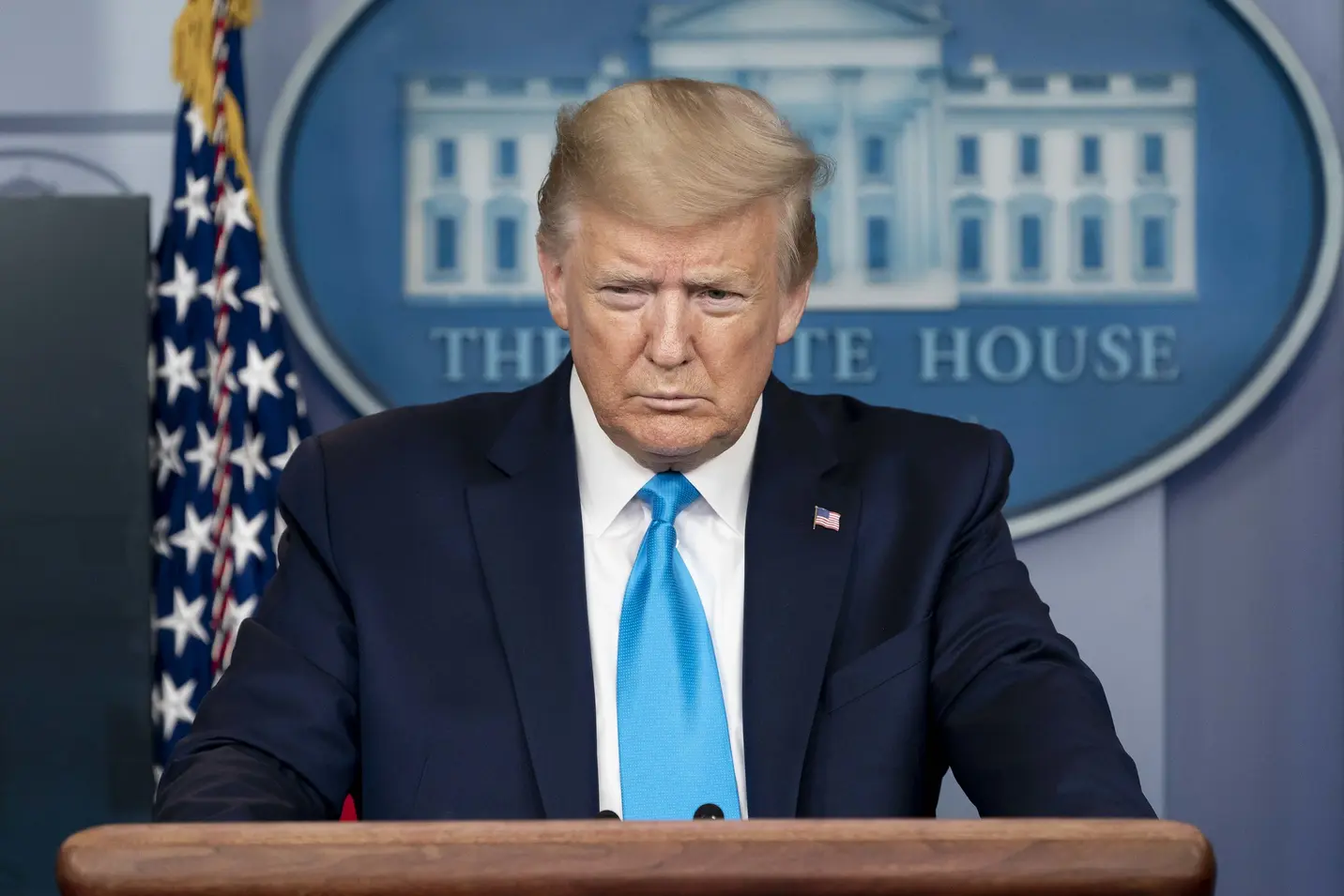
Tariffs Elevate Stagflation Risk for Fed Policy
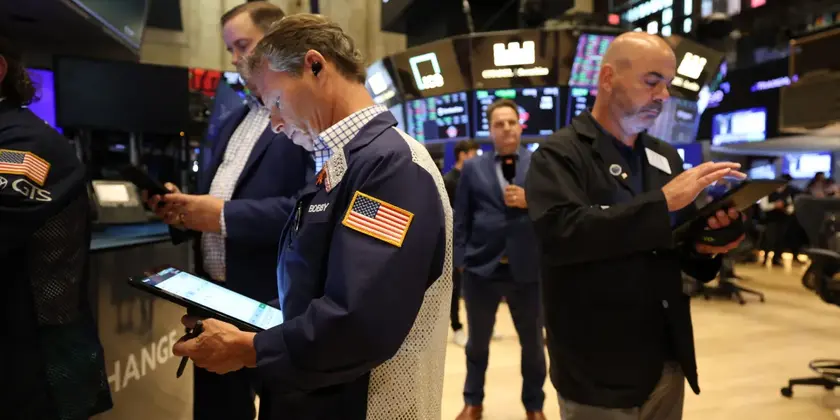
Investors brace for possible market shifts as Trump escalates tariffs
